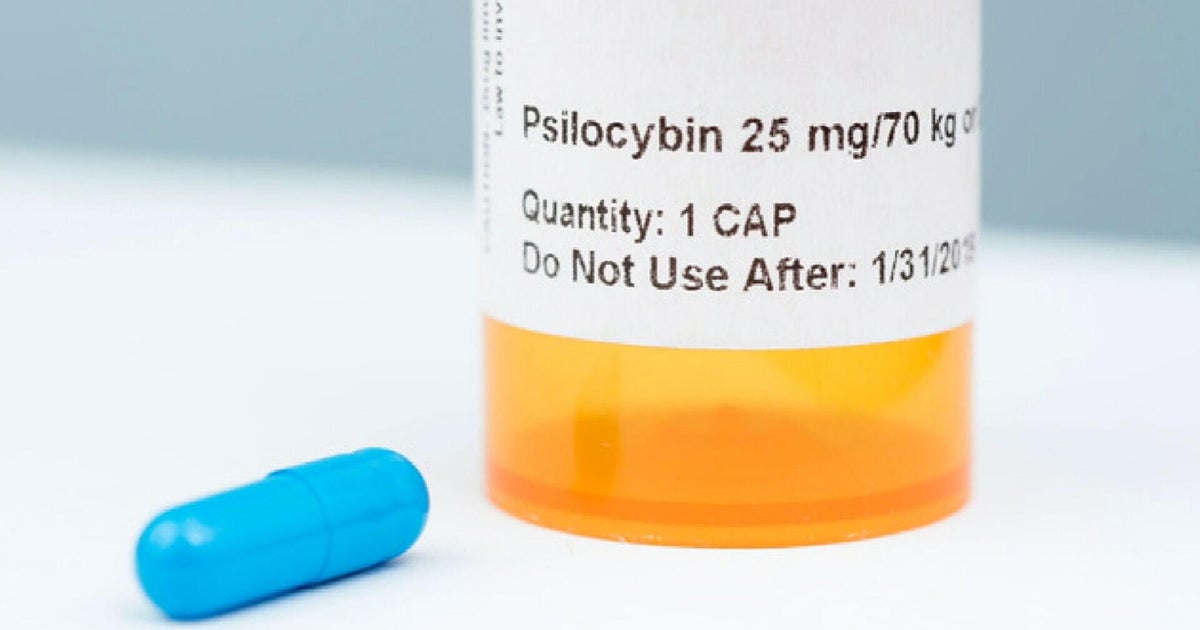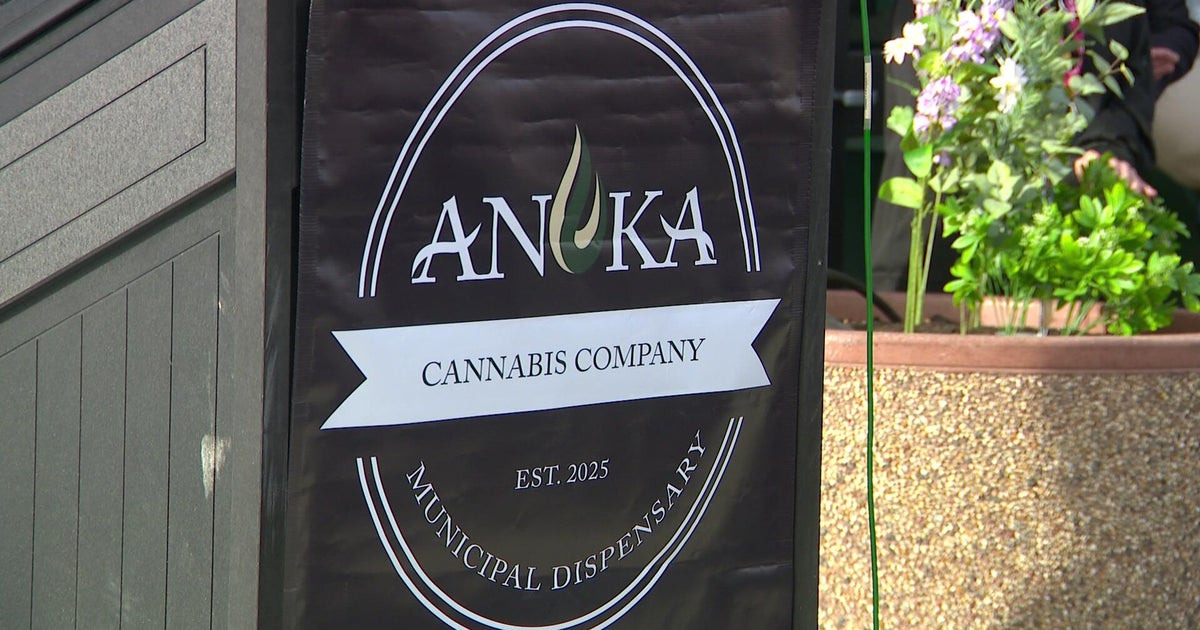FDA Proposes First Regulations For E-Cigarettes
WASHINGTON (AP) — The federal government wants to ban sales of electronic cigarettes to minors and require approval for new products and health warning labels.
While the proposal being issued Thursday by the Food and Drug Administration won't immediately mean changes for the popular devices, the move is aimed at eventually taming the fast-growing e-cigarette industry.
The agency said the proposal sets a foundation for regulating the products but the rules don't immediately ban the wide array of flavors of e-cigarettes, curb marketing on places like TV or set product standards.
Any further rules "will have to be grounded in our growing body of knowledge and understanding about the use of e-cigarettes and their potential health risks or public health benefits," FDA Commissioner Dr. Margaret Hamburg said.
Members of Congress and public health groups have raised concerns over e-cigarettes and questioned their marketing tactics.
"When finalized (the proposal) would result in significant public health benefits, including through reducing sales to youth, helping to correct consumer misperceptions, preventing misleading health claims and preventing new products from entering the market without scientific review by FDA," said Mitch Zeller, the director of the FDA's Center for Tobacco Products.
Also on Thursday, the FDA proposed extending its authority to regulate cigars, hookah, nicotine gels, pipe tobacco and dissolvable tobacco products.
Public health advocates said the FDA proposal is a critical step in reining in marketing of the new products. But they also said it comes after an "inexcusably long delay," pointing out that the FDA first announced its plans to regulate e-cigarettes in April 2011.
"It is inexcusable that it has taken the FDA and the Administration so long to act. This delay has had serious public health consequences as these unregulated tobacco products have been marketed using tactics and sweet flavors that appeal to kids," the Campaign for Tobacco-Free Kids said in a statement.
Once the new rules are finalized, the agency could propose more restrictions on e-cigarettes. Officials didn't provide a timetable for that action.
"The devil will be in the details of future regulatory decisions," said Jeff Stier, senior fellow at the National Center for Public Policy Research, a conservative think tank in Washington. "If the regulations are too heavy-handed, they'll have the deadly effect of preventing smokers from quitting by switching to these dramatically less harmful alternatives."
The FDA said the public, members of the industry and others will have 75 days to comment on the proposal. The agency will evaluate those comments before issuing a final rule but there's no timetable for when that will happen. The regulations will be a step in a long process that many believe will ultimately end up being challenged in court.
E-cigarettes are plastic or metal tubes, usually the size of a cigarette, that heat a liquid nicotine solution instead of burning tobacco. That creates vapor that users inhale.
Smokers like e-cigarettes because the nicotine-infused vapor looks like smoke but doesn't contain the thousands of chemicals, tar or odor of regular cigarettes. Some smokers use e-cigarettes as a way to quit smoking tobacco, or to cut down. However, there's not much scientific evidence showing e-cigarettes help smokers quit or smoke less, and it's unclear how safe they are.
The industry started on the Internet and at shopping-mall kiosks and has rocketed from thousands of users in 2006 to several million worldwide who can choose from more than 200 brands. Sales are estimated to have reached nearly $2 billion in 2013. Tobacco company executives have noted that they are eating into traditional cigarette sales, and their companies have jumped into the business.
Some believe lightly regulating electronic cigarettes might actually be better for public health overall, if smokers switch and e-cigarettes really are safer. Others are raising alarms about the hazards of the products and a litany of questions about whether e-cigarettes will keep smokers addicted or encourage others to start using e-cigarettes, and even eventually tobacco products.
"Right now for something like e-cigarettes, there are far more questions than answers," Zeller said, adding that the agency is conducting research to better understand the safety of the devices and who is using them.
At first glance, the FDA's proposal is "broadly as expected and not as restrictive as some had feared," Wells Fargo Securities analyst Bonnie Herzog wrote in a note to investors.
"It seems to be a responsible approach ... and shows the FDA's commitment to look at particular e-cigarettes in a science-based way rather than just conjecture," said Jason Healy, president of Blu e-cigs, which is owned by Lorillard Inc. and holds more than 45 percent of the market. "Obviously we've got a long way to go. This may be just some calm before the storm."
Healy noted that the e-cigarette landscape and the products themselves will continue to evolve and grow before the regulations take effect, and they will likely spur a consolidation of companies in the market.
In addition to prohibiting sales to minors and requiring health labels that warn users that nicotine is an addictive chemical, e-cigarette makers also would be required to register their products with the agency and disclose ingredients. They also would not be allowed to claim their products are safer than other tobacco products.
They also couldn't use words such as "light" or "mild" to describe their products, give out free samples or sell their products in vending machines unless they are in a place open only to adults, such as a bar.
Companies also will be required to submit applications for premarket review within two years. As long as an e-cigarette maker has submitted the application, the FDA said it will allow the products to stay on the market while they are being reviewed. That would mean companies would have to submit an application for all e-cigarettes now being sold.
Copyright 2014 The Associated Press. All rights reserved. This material may not be published, broadcast, rewritten or redistributed.







